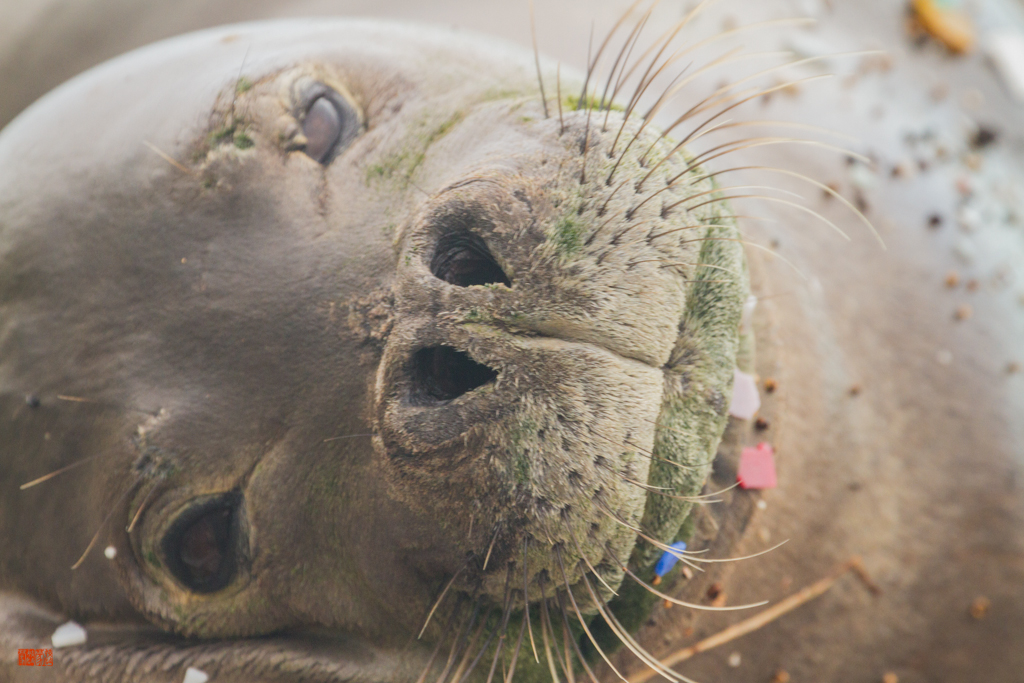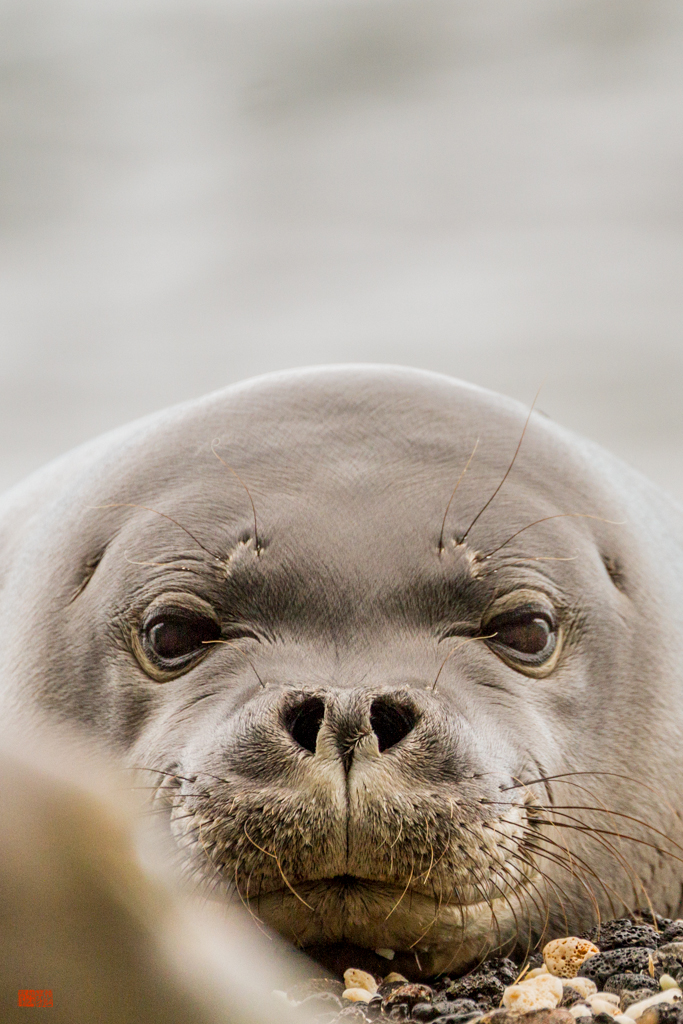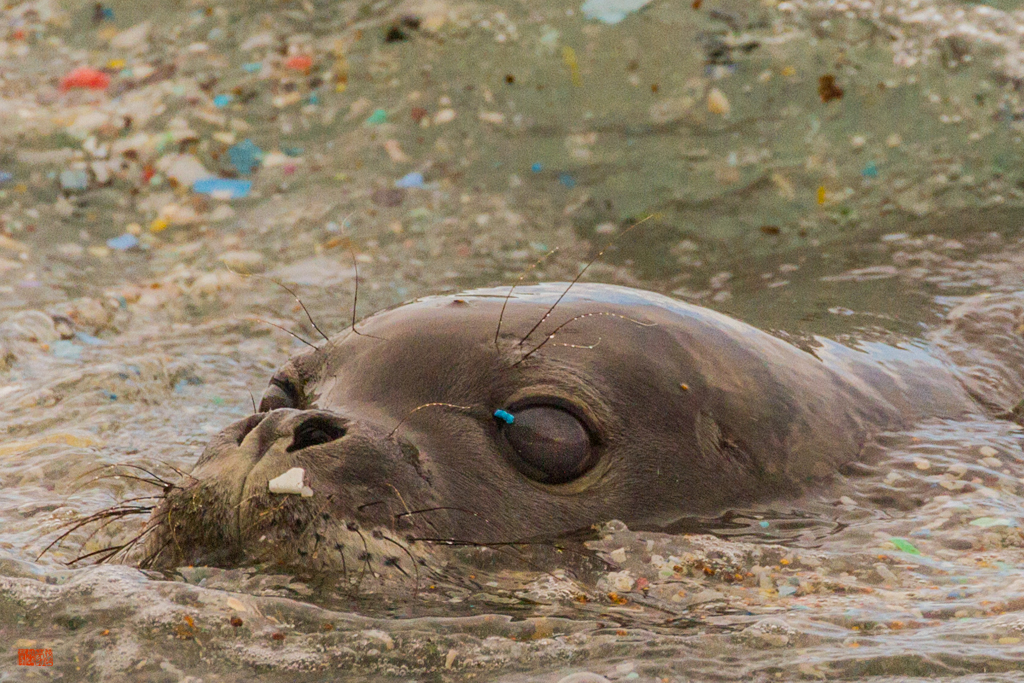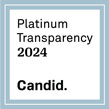Plastic Soup Nursery for Hawaiian Monk Seals
July 12, 2013
By Daniel Fox, Wild Image Project
I am here, not far from the Kamilo Beach located on the South Point of the Big Island of Hawaii with Justin from NOAA & the Hawaiian Monk Seal Research Program to monitor a female Monk seal and her pup. Compared to other seals and sea lions, Monk Seals greatly differ in the way they raise their young. Instead of gathering in great numbers and benefiting from the protection of the group, female Monks give birth alone, nurturing the pup for about 5 or 6 weeks before weaning it for good, leaving behind a fat young seal and hoping for the best. The duo here has been together for close to 6 weeks now. The female is starting to look skinny while the little one is adding pounds. Anytime soon she will head out and start feeding again, foraging the high seas and return only to mate and start the cycle again.
As much I would like to enjoy this day at the beach photographing wildlife, the truth is, I am sick to my stomach with what I am witnessing. The place is literally littered with plastic – on the water, on the beach, and in the sand! Within only 10 meters of beach, I find more than 100 bottle caps. In fact Kamilo is kind of trash celebrity. Converging currents and trade winds have been acting like a giant funnel and channeling tons of plastic from the Pacific and onto the shores. According to Wikipedia:
“… the debris was 8 to 10 feet (2.4 to 3.0 m) high in some places… In 2003, the Hawaiʻi Wildlife Fund organized 100 volunteers and removed over 50 tons (45 metric tonnes) of fishing nets and other marine debris from the beach… In November 2007, Beach Environmental Awareness Campaign Hawaii volunteers removed more than 4 million pieces of plastic… ”
Looking through my lens, the horror show is hard to swallow. The Monk Seal pup swims in a soup of plastic. It has a piece of plastic on its eye and another one on its nose. While resting a bit later, I notice that pieces are stuck to the mother’s chin. How much plastic is in their stomachs? How many pollutants are in their bloodstreams? How toxic was the female’s milk? How many birds die every year choked to death on debris that looks like food.

There are cries of outrage when nature destroys our cities, yet we seem to be ok with dumping our trash in it and killing millions of wild animals.
For most of us, our reality with garbage ends the minute we put our bag on the street for pick up, or simply when discarding post-consumer expendables into curbside bins. Where does it go from there? What happens to it? Who knows and who cares really – someone is paid to take all this trash and dispose of it. As far as we are concerned, it’s out of our sight and out of our mind.
Our world is one built on convenience, and we like it like that. We are all for change, as long as it does’t curtail or affect our indulgent lifestyles and wallets. Until we are physically connected with the destruction we cause and come to terms with the consequences of our disregard for the environment, these issues will remain “conceptual.”

I don’t know what will become of the Monk Seal pup. I am not one to dramatize and humanize his survival but I do care about the unfairness of the synthetic age, and the challenges wildlife faces because of us. If everyone had the opportunity to spend an afternoon, not at the beach, but in the inorganic plastic soup their lifestyle choices have brought about, I am certain they would think twice about their use it-and-throw it mode of existence.
All photos (c) Daniel Fox, The Wild Image Project








These photos say it all…a real issue that deserves much greater media coverage.
It is a shame that this article references Wikipedia; a more credible source would’ve given the text more weight.